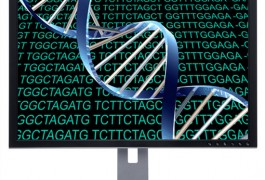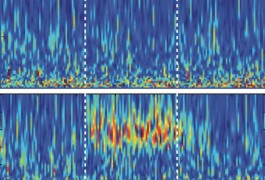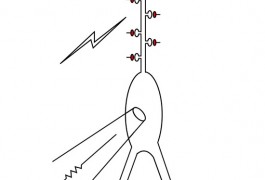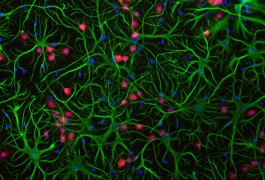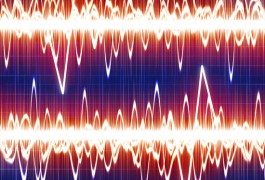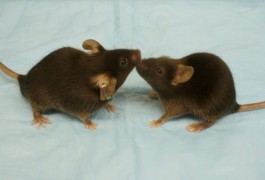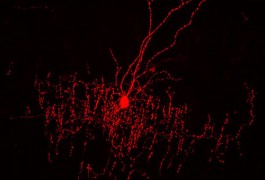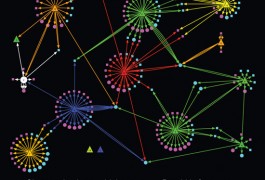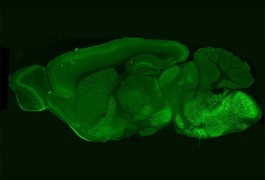Genetics: Gene variants can predict autism severity
Children with autism who carry a certain variant of a protein involved in inhibitory signaling have more severe symptoms than those with another variant of the same gene, according to a study published 24 July in the Journal of Autism and Developmental Disorders.
